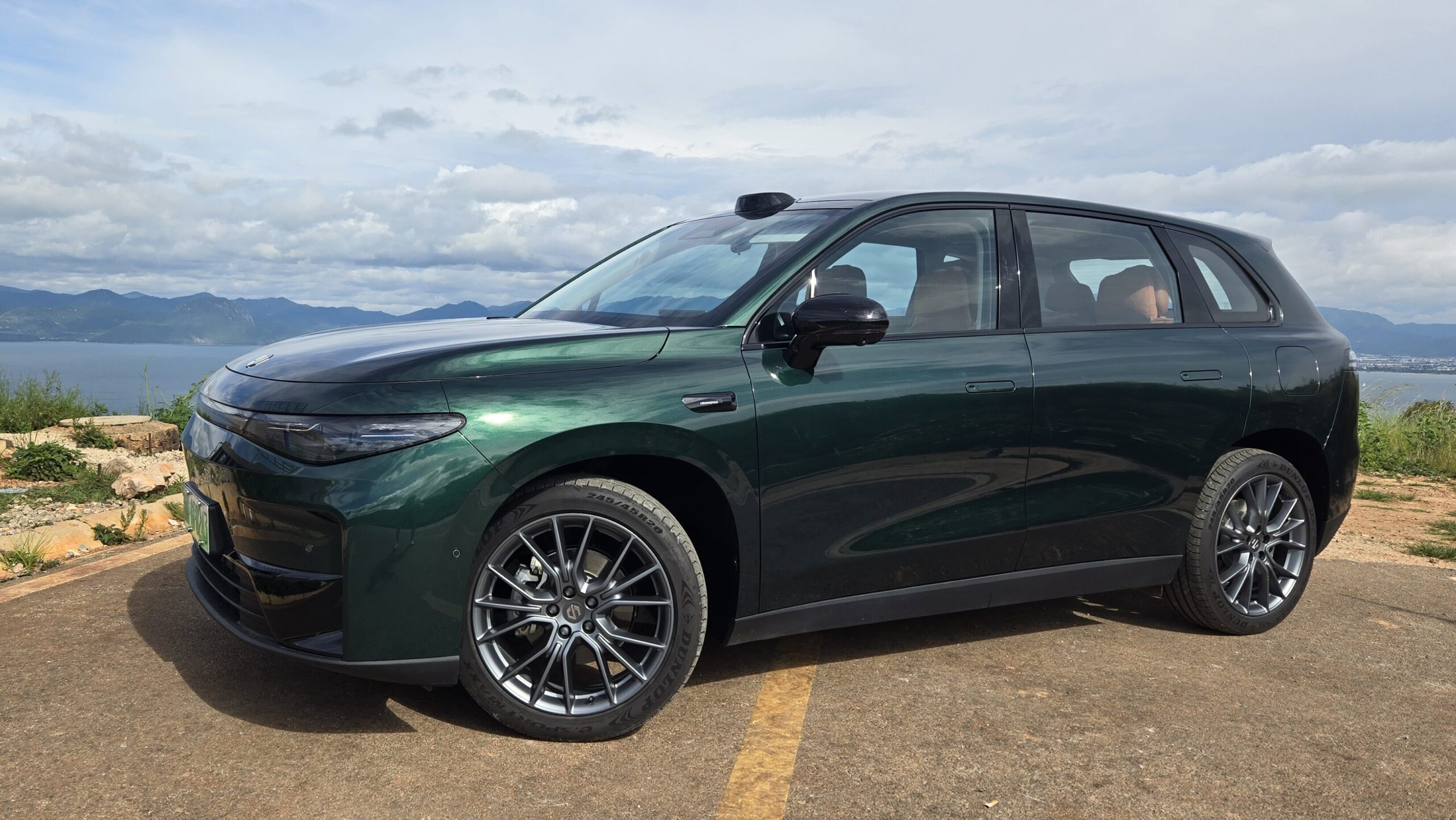
The European Union has voted to impose the previously proposed high taxes on imported Chinese-made EVs for the next five years with a majority of states voting in favour.
China’s Commerce Ministry has hit back at the move calling the EU’s protectionist policies unfair, non-compliant, and unreasonable, but noted the EU’s willingness to have further dialogue.
The EU outlined the tariffs earlier this year, which will be as high as 45%, after an investigation into government subsidies on Chinese EVs, claiming they are distorting the market and putting the European car industry at risk.
It’s a move that has divided European nations, with Germany one of five markets to oppose the resolution amidst fears the backlash could impact sales of their products in China, which is the largest market globally for brands like BMW, Mercedes-Benz and Audi.
For countries like France and Italy, whose car makers are either not present or much diminished in China in recent years, their concerns are more around cut-price premium Chinese car makers invading their mainstream price point in Europe with superior products.
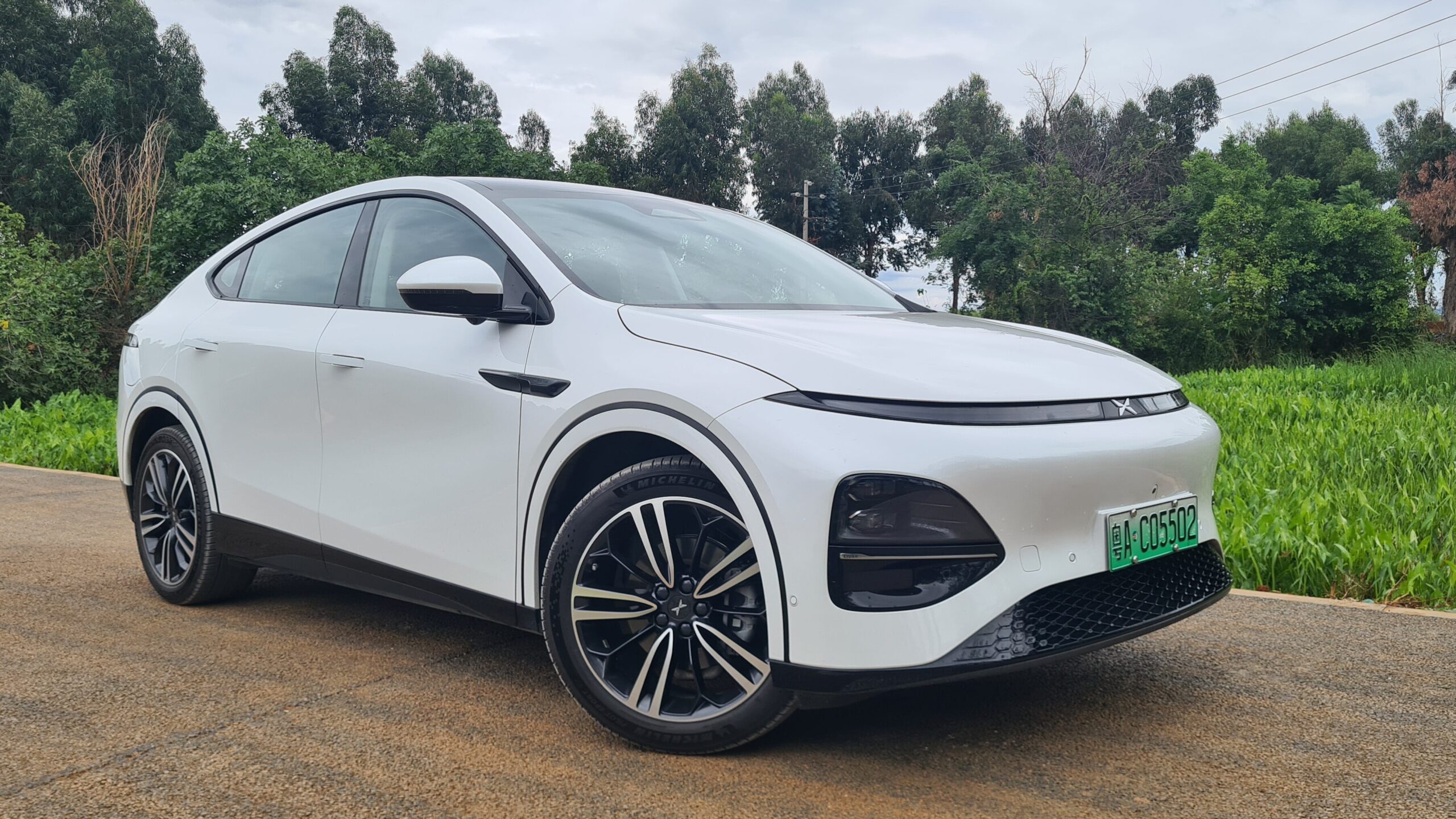
Brands like XPeng, BYD, and Zeekr have been making steady inroads into Europe over the past three years with some models topping their segment in a handful of countries, and the wave of brands is only growing, with the likes of Deepal, GAC, and AVATR also looking to international markets.
The move risks a wider trade war breaking out between the two countries with tit-for-tat tariffs a strong possibility. Both France and Italy’s wine industries, for example, could be targeted given their plentiful exports to China, with both countries reportedly voting in favour.
It’s unclear how much German manufacturers could be set to lose out given all four major car makers produce much of what they sell in China locally, but the fear might be that negative sentiment against European brands might permeate the growing younger generation who now often favour homegrown brands, which in general offer higher specifications and better technology at a lower price.
Much has been made of the potential for tariffs to push up EV prices in Europe, further damaging the faltering growth of EV sales in Europe, but SAIC, owners of MG, have already stated they will not be increasing prices of their EVs this year. It’s entirely possible that brands will opt to swallow much of the tariffs themselves to continue their sales push in the short term.
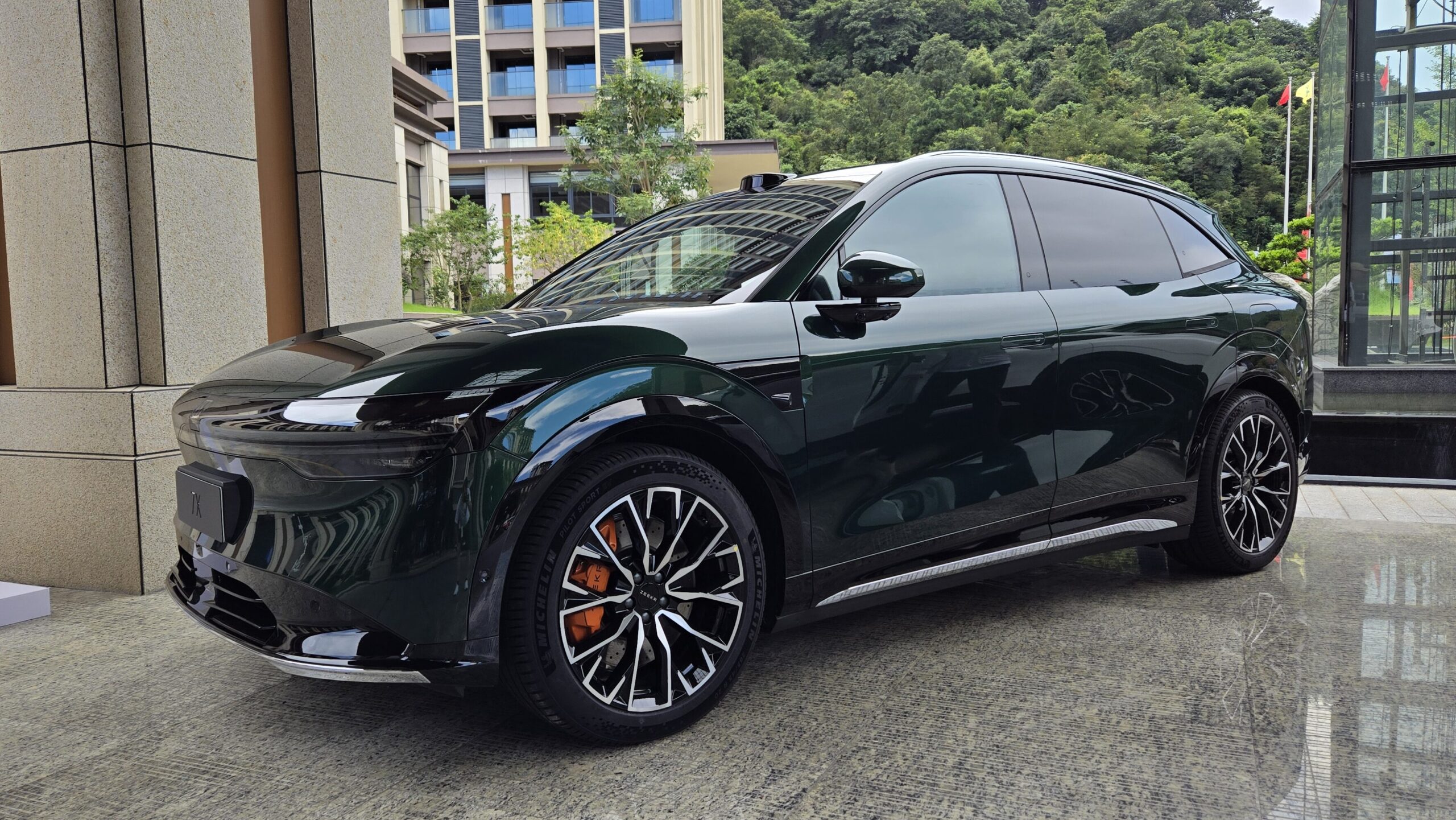
Many Chinese brands are said to be looking to build cars locally in Europe to skirt the tariffs, with Nio and XPeng looking for locations and BYD already preparing to build a factory in Hungary.
BEV sales are down around 43.9% in the EU year-on-year, yet Europe is still pushing ahead with plans to ban combustion-only cars by 2035 and has implemented sales targets for car makers of 80% EV by 2030, with punishments as much as $19,000 for every ICE car sold over the quota.
Industry bosses have already expressed concerns that they are likely to miss these targets with issues such as poor charging infrastructure and high depreciation causing potential buyers concerns. They have also stated that energy and material costs remain too high, though with lithium prices down almost 90% from their 2022 highs it’s not clear which materials they’re referring to.
Editor’s note:
The issue of tariffs is a difficult tightrope to tread for Europe’s car makers. For some, the fear is superior cars entering their home turf at an equal or better price, which has led the likes of Stellantis to buy a stake in Leapmotor and start selling their products in Europe, stacked up against their own in-house brands.
On the flip side, the German car makers, who have a long and productive history of making and selling cars in China, seem rattled at the thought of their cash cows being decimated by poor sentiment, much as Japanese, American and Korean brands have been. They’re not so fearful of Chinese brands hitting them in Europe yet because persuading European buyers that China can make premium cars is an uphill battle that will take time, something Nio are finding out for themselves, but they sell almost a third of their cars in China and are already seeing a trend away from ‘imported’ brand names (even if they’re made locally) towards local brands with high-tech products and appealing price tags.
The demographic making this switch most readily is not shrinking, nor is the intense competition in China slowing any time soon, which leaves these brands having to run at two different speeds; leisurely seven year product cycles in Europe and the US, and intense yearly updates in China in order to maintain pace. But they can’t do that, and nor is that a message that’s easy to translate to European-based bosses who without a China deep-dive cannot comprehend the reality they’re being informed of. It’s a message that’s been shared for more than five years now and a quick look at VW will tell you it’s not a message that’s been taken seriously by enough people.
What’s the answer? If I knew that I wouldn’t be writing articles, but it feels like you almost need two separate businesses; one to keep the fires burning at home, and one to keep the pace in China, and that’s a lot easier said than done.
On a side note, where does this leave the Polestar 2, electric MINI, and other global EVs made in China that didn’t manage to secure a Musk-deal?

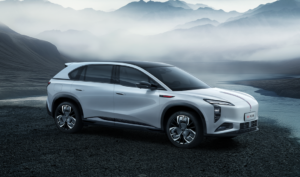
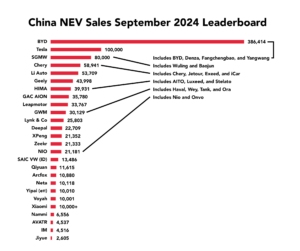
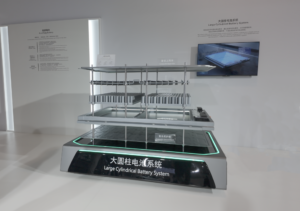
It’s the “Free market” only when the west is succeeding..